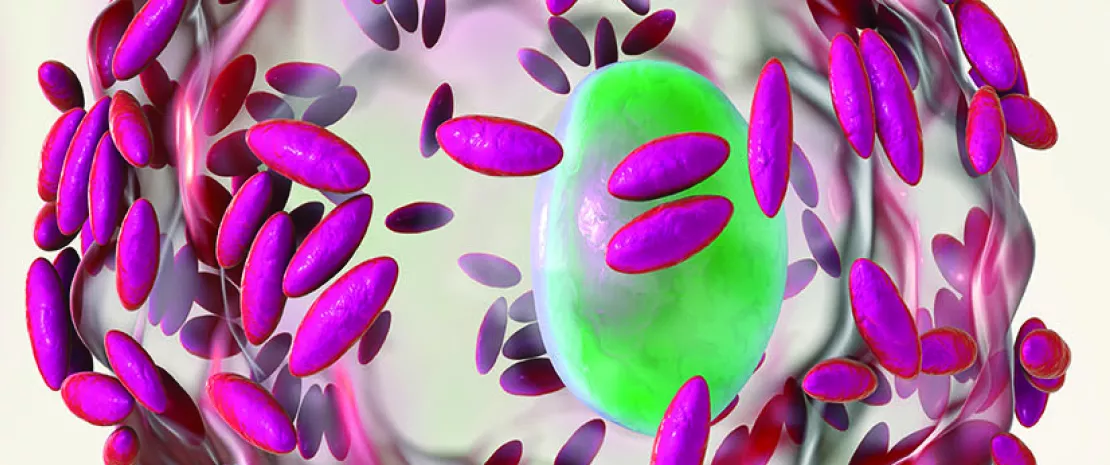Vaginal microbiota #13
By Pr. Markku Voutilainen
Turku University Faculty of Medicine; Turku University Hospital, Department of Gastroenterology, Turku, Finland
Lay public section
Find here your dedicated section
Sources
This article is based on scientific information
Sections

About this article
Author
Using recombinant endolysins to treat bacterial vaginosis
A study has shown that by using recombinant endolysins of the type 1,4-beta- N-acetylmuramidase encoded on Gardnerella prophages it is possible to eliminate the bacterial biofilm responsible for bacterial vaginosis without damaging the beneficial bacteria of the vaginal microbiota. To this end, the authors generated several engineered endolysins, bacteriophage enzymes that lyse the bacterial wall, via domain shuffling. They compared their bactericidal activity on Gardnerella strains to that of wild-type endolysins. The bactericidal activity of the recombinant endolysins was 10 times that of any wild-type enzyme. When tested against a panel of 20 Gardnerella strains from 4 species (G. vaginalis, G. leopoldii, G. piotii and G. swidsinski), the most active endolysin, called PM-477, showed superior efficacy compared to the antibiotics tested (metronidazole, tinidazole, clindamycin). Furthermore, PM-477 had no effect on beneficial lactobacilli or other species of vaginal bacteria. According to the authors, PM-477 is highly selective for Gardnerella and kills strains of each of the four main species without affecting beneficial lactobacilli or other species typical of the vaginal microbiota. The effect of PM-477 was confirmed by microscopy in mixed cultures of Gardnerella and lactobacilli. To go further and analyze the efficacy of PM-477 in a physiological environment closely resembling the in vivo situation, the researchers treated vaginal swabs from 15 bacterial vaginosis patients and analyzed them by fluorescence in situ hybridization (FISH). They showed that in 13 of the 15 cases, PM-477 eradicated the Gardnerella bacterium and physically dissolved the biofilms without affecting the vaginal microbiota. According to the authors, endolysins are a promising therapeutic alternative to antibiotics for the treatment of bacterial vaginosis.









